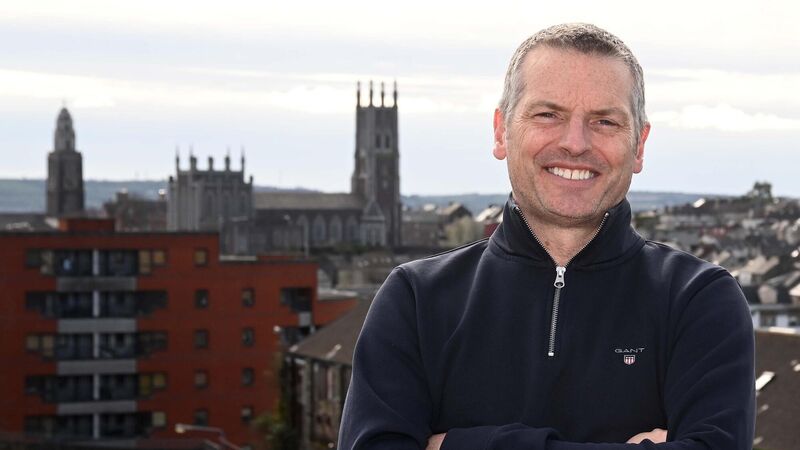Larry Ryan: Convincing the moneymen on FAI’s slow climb to excellence

DRIVEN: Ireland U21 manager Jim Crawford, pictured in Cork. Pic: Denis Minihane.
This week I was flicking through the 2014 book , the autobiography of Arnold O’Byrne, who ran Opel Ireland in the 80s and 90s. In it, he recalls the evening the FAI rang asking if Opel would consider offering a car, at a knockdown price, for a raffle, to raise a few quid.
What about sponsorship instead, Arnold countered, and had an excited deputation of three FAI officials in his office the following morning. He was surprised by the thoroughness of the presentation they’d managed to put together overnight, though later learned this was a well-worn pitch that had been delivered to half the firms in the land, with no joy.









